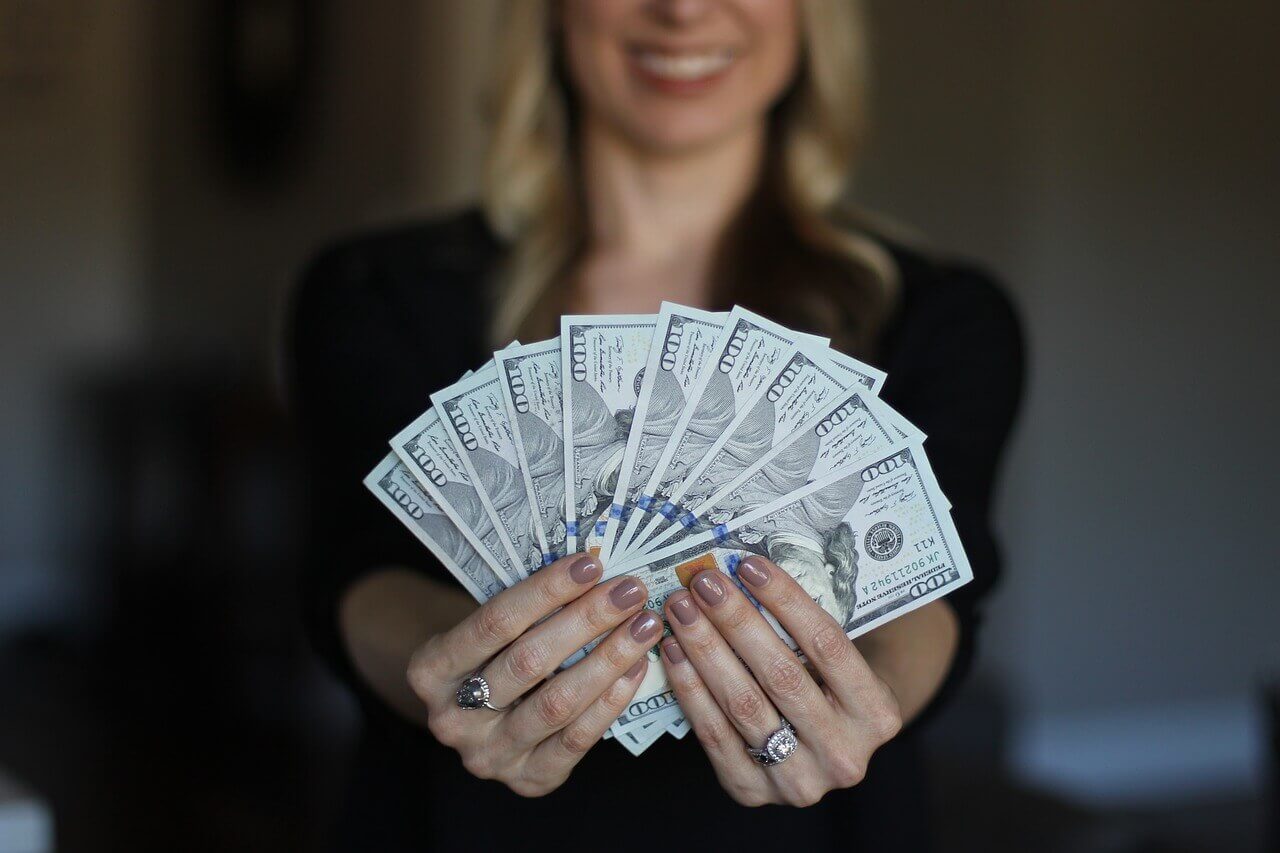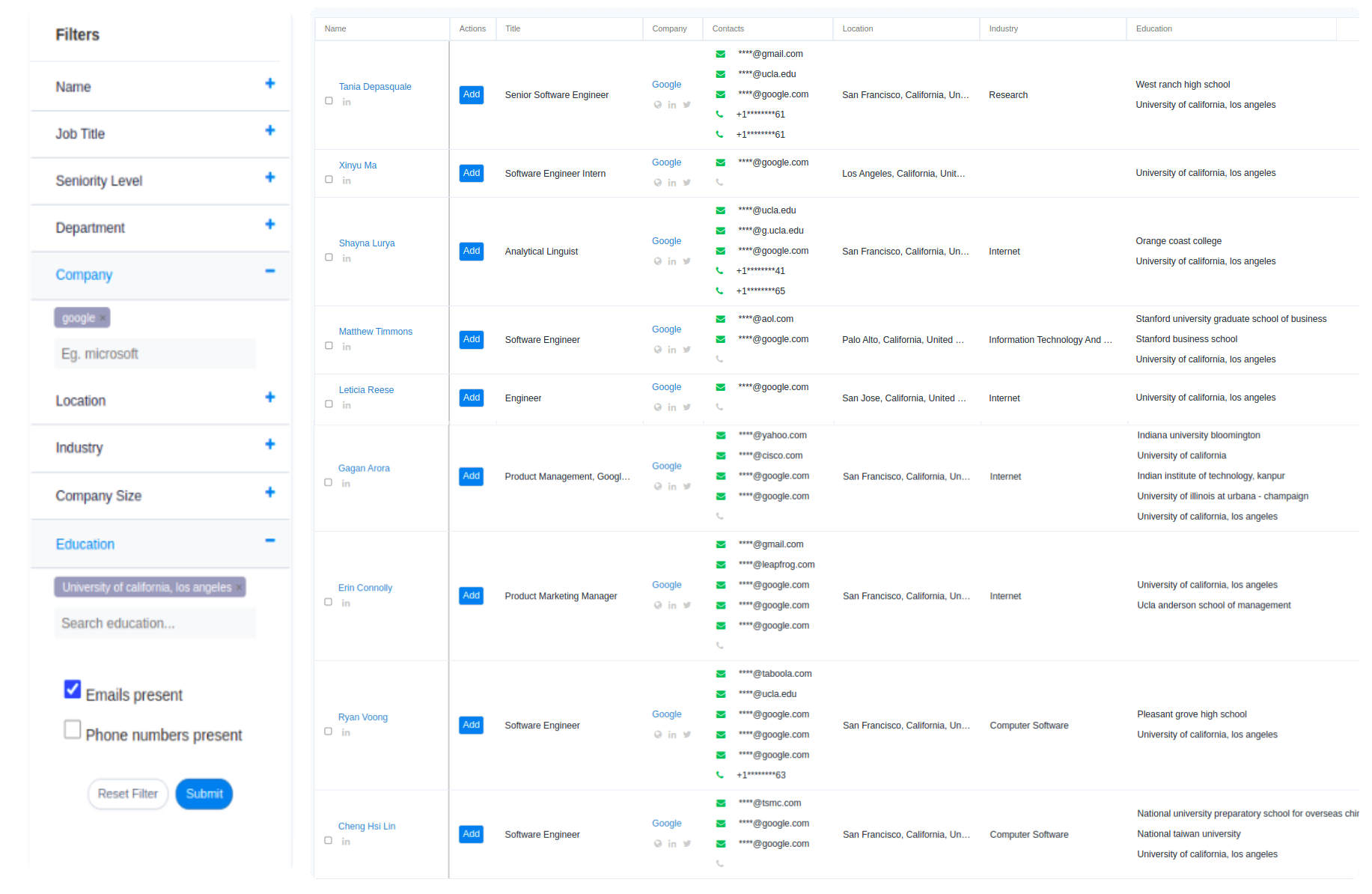What is Buyer Behaviour?

Buyer Behaviour simply means the decisions and actions pursued by any buyer while purchasing any product or service. Another term for buyer behavior that is majorly used in the digital monetization market is “consumer buying behavior.”
It is the highlighted driving force behind any marketing campaign. But how can it benefit you or your business, or why should you even care about buyer behavior? The following reasons will make the significance of buyer behavior supremely certain:
- Buyer Behaviour helps you understand the dynamics behind any purchase done by the consumer regarding a wide range of products.
- It reveals substantial reasons behind the loyalty of consumers, for a specific brand or product.
- Also, it helps you analyze and predict the demand for any service or product prior to its launch.
- Moreover, is the wizard’s wand for generating influential marketing campaigns.
- In addition to that, it makes your product or services more engaging & relatable to the target audience.
Factors Influencing Buyer Behaviour
However, there are endless characteristics that influence buyer behavior. But segregating them based on subsisting factors, 5 major reasons influence buyer behavior as follows:
- Psychological Factors
- Social Factors
- Cultural Factors
- Personal Factors
- Economic Factors
1. Psychological Factors
As you might already guess, it deals with human psychology. It is one of the most determinant factors influencing consumer buying behavior.
Therefore, the factors influencing people to buy stuff are usually focused on understanding major buyer behavioral patterns. This type of factor usually deals with the motivation, perception, learning, attitude, and beliefs of the buyer to gain more insights regarding the buyer’s psychology.
2. Social Factors

As we all know, Humans are social animals. They provide huge importance to the social reactions & influential practices done by others.
In the rush to be socially acceptable in society, numerous key features affect buyer behavior. The major social factors influencing buyer behavior are Family, Peer Groups, Societal Role, and class.
3. Cultural Factors
Culture involves a common set of values and ideologies belonging to a particular community. These factors are deeply embedded in an individual’s psyche. People from the same culture usually share common values, needs, wants, preferences, perceptions, and behaviors.
It becomes a hugely influential strategy to cover a large mass of the community for marketing purposes. Targeted campaigns profit largely through specific buyer behavior based solely on cultural trends.
4. Personal Factors
Does this factor include what you personally think about any product or service? Yes, it does! However, these personal factors differ from person to person, thereby involving diverse perceptions and values of the consumer, related to buying or consuming.
Yet, some characteristics of this influential factor in the buyer behavior process can be based on the consumer’s Age, Income, Occupation, and lifestyle. That’s the main reason why many companies’ feedback forms include the above-mentioned elements.
5. Economic Factors

As we usually preach, the economy is directly related to buyer behavior. Developed countries have strong economies, which leads to a greater exchange of money in their markets. Further, it grants higher purchasing power to the consumers residing in such countries. This suggests that when buyers experience a positive economic environment, they are more confident about spending money on buying products.
A weak economy professes a struggling market that instigates unemployment and lower purchasing power.
Some important economic factors that influence buyer behavior are Personal Income, Family Income, Consumer Credit, Liquid Assets, and savings.
Types of Consumer Buying Behaviour
Based on the risks involved as well as the determination of the client’s decision to buy a product or service there are 4 types of consumer buying behavior as follows:
1. Complex Buying Behavior
Complex Buying behavior is also regarded as an extensive consumer buying process. According to this buyer behavior, customers are highly involved in the buying process and conduct extensive research before their purchase.
Complex buying behavior is involved, especially when there is a high degree of economic or psychological risk related to any product or service. It usually involves purchasing expensive goods or services such as a house, car, an educational term, etc.
2. Dissonance-reducing Buying Behavior
Dissonance-reducing buying behavior occurs when the buyer cannot segregate solid differences between 2 or more choices of their own, as they fear, the decision might turn out bad or they will face some serious loss or repercussions for the purchase(if it went downhill!).
It usually occurs when purchasing any service or product with an immensely high price or infrequent purchasing series. At such events, dissonance-reducing buying behavior extensively hits the buyer, who finds it difficult to choose between brands.
3. Habitual buying behavior
This type of consumer buying behavior refers to low-involvement purchases infused with little or no decisions taken by the buyer. In this buying decision behavior, the consumer ignores the significant brands and their comparisons.
Instead, they buy the same habitual goods over a long period of time. One of the best examples of habitual buying behavior is the purchase of milk, which usually belongs to the same brand unless you find any strong deflecting reason.
4. Variety-seeking behavior

Variety-seeking behavior majorly features the opposite aspects of habitual buying behavior. Here, the customer switches between various brands for the sake of variety or curiosity. However, the gradual change is never due to dissatisfaction with the product or service. It demonstrates a low level of buyer involvement with the product.
For example, we buy soaps just by their scents or their looks to try new things once in a while.
Buyer Behaviour Model Decode!
Credit: www.mbaskool.com
The buyer behavior model is a structured buyer behavior process. Various marketing stimuli such as product, price, place, and product promotion, along with environmental factors, including economic, technological, political, & cultural factors, affect the decision-making behind any purchase by the consumer.
Such a huge impact on a buyer’s beliefs, values, and motivation greatly influences the consumer’s final decision to purchase. All of the reasons behind any purchase are studied through various steps of the buyer behavior model as follows:
1. Need for Recognition
I hate to be the obvious fact observer here! But apparently, to buy anything, you must recognize that there is a need for it. This involves even your shopaholic hunches. The first step of the buyer behavior model is always the recognition of the need for any product or service by the consumer.
2. Information Hunt
After recognizing that you need ample research to convince and educate yourself about the product or service, a buyer starts looking for information about their product. This buyer behavior model includes various information resources such as friends, commercials, mass media, etc.
3. Evaluation of the Hunt!
Once all the information is gathered, the buyer evaluates all the key features of the product or services to make the right decision while shopping. They compare diverse aspects such as pricing or look for the advantages of one tool over the others at this buyer behavior model.
4. Finally the Purchase!
After evaluating each and every aspect of the desired product or service, there comes the most awaited moment—”The purchase.” Sometimes, according to this model of buyer behavior, few consumers just sign up for free trials, as they wish to continue the post-purchase evaluation for further assurance. It also involves a series of evaluating questions with which the desired product was purchased.
Effect of Email Marketing on Buyer Behaviour

Once you’ve cracked into the idea of a buyer behavior model, you can intricately assess and understand the nuances behind the ‘Whys’ and ‘Hows’ of any consumer purchase. You can also establish solid reasons behind consumer loyalty to one particular brand. All of these assessments aid in various forms of marketing, but the major technique that boasts the world of sales and purchase today is ‘email marketing‘.
What does it involve?
Well, email marketing comprises all kinds of advertising practices that are channeled through emails. It includes all kinds of newsletters or copywritten emails sent by any provider. This has a huge impact on buyer behavior.
Therefore, you can see many applications and websites devoted to either manifesting your email targeting strategies or filtering the emails of essential people in business.
In fact, the major copywriting business revolves around email marketing that is directly related to the buyer behavior process. Email verifier tools play a crucial role in ensuring the accuracy and deliverability of email marketing campaigns, thereby enhancing their effectiveness in influencing buyer behavior.



